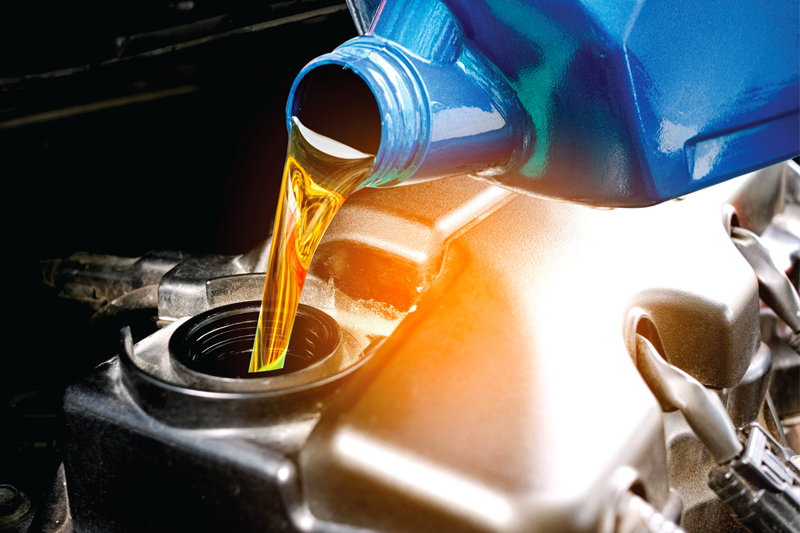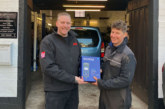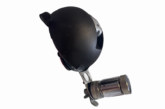Why data is essential for VLS’s processes

We previously brought you an insightful interview with the Verification of Lubrication Specifications (VLS) Chairman, Harald Oosting. Intentionally, though, there was an answer left out – left out for this standalone article, which is on the importance of data in VLS’ processes and operations. Here’s Harald.
Data is critical in our investigations. Specifications have limits set for key characteristics, such as sulphated ash content. We have investigated several cases where products have made mutually exclusive claims; for example, API SP is an incompatible claim with VW 502.00/505.00 due to the mutually exclusive phosphorus limits. Using a High SAPS (sulphated ash, phosphorus and sulphur) engine oil in vehicles with exhaust after-treatment devices can interfere with their operation and inhibit their performance.
Several cases have involved the low temperature properties of products and their compliance with viscosity standards, which would reduce their performance and not provide adequate circulation in gear systems or engines.

Lubricants are now so technically advanced that data is essential. Most marketers and manufacturers have quality control procedures in place, but not all are as rigorous as others; for example, they may use quick physical quality control (QC) tests, such as low shear rate kinematic viscosity at 100°C and low temperature cranking viscosity to check viscometric and elemental analyses to verify the correct additive treat rate; however, they do not always invest in longer or more complex QC tests, such as the low temperature pumping viscosity or mini-rotational viscometer test or high shear rate viscosity test. Several VLS cases have been related to this latter test. If more comprehensive QC programmes were in place by manufacturers, these failures would likely have been picked up before the product was released to the market, appropriate action could have been taken, and the risk of potential damage to customers’ vehicles would have been reduced.
As an independent organisation, we only use ISO 17025 accredited and approved testing houses. Once a complaint has been received, we procure our own products for testing, so we can ensure that the process is fair and valid and provides the right data to drive our decision-making. The expertise of our technical review panel, volunteered by experts from across the industry, and the anonymous nature of our procedure means the right data is uncovered and interpreted by the right people to make the correct decisions.








